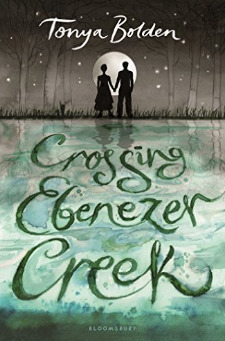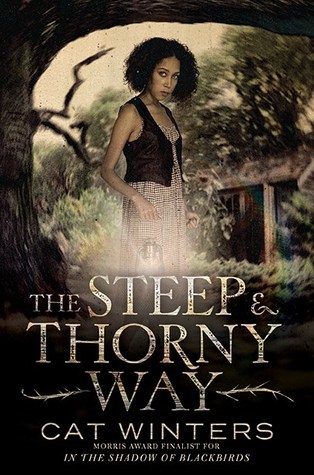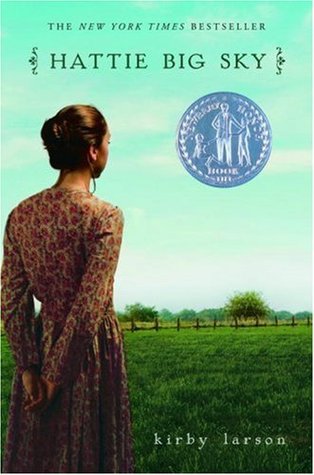
She wanted to stay awake, wanted to see what freedom looked like, felt like at midnight, then at the cusp of dawn.
Freedom. Mariah has barely dared to dream of it her entire life. When General Sherman’s march through Georgia during the Civil War passes the plantation where she is enslaved, her life changes instantly. Joining the march for protection, Mariah heads into the unknown, wondering if she can ever feel safe, if she will ever be able to put the brutalities of slavery behind her.
On the march Mariah meets a young man named Caleb, and a new dream takes root—one of a future with a home of her own and a true love by her side. But hope often comes at a cost. As the treacherous march continues toward the churning waters of Ebenezer Creek, Mariah sees that the harsh realities of her and her peoples’ lives will always haunt them.
Freedom. Mariah has barely dared to dream of it her entire life. When General Sherman’s march through Georgia during the Civil War passes the plantation where she is enslaved, her life changes instantly. Joining the march for protection, Mariah heads into the unknown, wondering if she can ever feel safe, if she will ever be able to put the brutalities of slavery behind her.
On the march Mariah meets a young man named Caleb, and a new dream takes root—one of a future with a home of her own and a true love by her side. But hope often comes at a cost. As the treacherous march continues toward the churning waters of Ebenezer Creek, Mariah sees that the harsh realities of her and her peoples’ lives will always haunt them.

World War II is drawing to a close in East Prussia and thousands of refugees are on a desperate trek toward freedom, many with something to hide. Among them are Joana, Emilia, and Florian, whose paths converge en route to the ship that promises salvation, the Wilhelm Gustloff. Forced by circumstance to unite, the three find their strength, courage, and trust in each other tested with each step closer to safety.
Just when it seems freedom is within their grasp, tragedy strikes. Not country, nor culture, nor status matter as all ten thousand people—adults and children alike—aboard must fight for the same thing: survival.
Just when it seems freedom is within their grasp, tragedy strikes. Not country, nor culture, nor status matter as all ten thousand people—adults and children alike—aboard must fight for the same thing: survival.

Scene: Oregon, 1923.
Dramatis personae:
Hanalee Denney, daughter of a white woman and an African American man
Hank Denney, her father—a ghost
Greta Koning, Hanalee’s mother
Clyde Koning, doctor who treated Hank Denney the night he died, now Hanalee’s stepfather
Joe Adder, teenage boy convicted of accidentally killing Hank Denney
Members of the Ku Klux Klan
Townspeople of Elston, Oregon
Question: Was Hank Denney’s death an accident…or was it murder most foul?
Dramatis personae:
Hanalee Denney, daughter of a white woman and an African American man
Hank Denney, her father—a ghost
Greta Koning, Hanalee’s mother
Clyde Koning, doctor who treated Hank Denney the night he died, now Hanalee’s stepfather
Joe Adder, teenage boy convicted of accidentally killing Hank Denney
Members of the Ku Klux Klan
Townspeople of Elston, Oregon
Question: Was Hank Denney’s death an accident…or was it murder most foul?

Esperanza thought she'd always live with her family on their ranch in Mexico--she'd always have fancy dresses, a beautiful home, and servants. But a sudden tragedy forces Esperanza and Mama to flee to California during the Great Depression, and to settle in a camp for Mexican farm workers. Esperanza isn't ready for the hard labor, financial struggles, or lack of acceptance she now faces. When their new life is threatened, Esperanza must find a way to rise above her difficult circumstances--Mama's life, and her own, depend on it.

After inheriting her uncle's homesteading claim in Montana, 16-year-old orphan Hattie Brooks travels from Iowa in 1917 to make a home for herself and encounters some unexpected problems related to the war being fought in Europe.
Here they are! Hattie Big Sky is way better than the description makes it sound FYI. Hopefully one day, I'll talk my brain into realizing that I probably do really like Historical Fiction and to read more of it. We'll see.

I haven't read any of these, but historical fiction is one of my favorite genres. For me, it has to be during a time period I'm interested in.
ReplyDeleteThat's fair. After reading Hattie Big Sky I think I'm most interested in homesteading and people migrating to the west. It kind of matches with my obsession with Little House on the Prairie and Anne of Green Gables I guess. lol. Thanks for stopping by!
DeleteI haven't read any of these and I wouldn't say that historical fiction is my strong point.. I was, however, impressed by the first book - Crossing Ebenezer Creek. I'm putting it on my reading list!! Thanks for sharing xx
ReplyDeleteThanks for stopping by. Crossing Ebenezer Creek is actually based on a real event and I had no idea until I read the Authors Notes. It was sad but I was riveted. Thanks for stopping by!
Delete